Employer's Guide Autism spectrum in the workplace
If you read this, you may have or want to employ an employee who has indicated that he/she has characteristics of autism. Or perhaps characteristics of autism have been identified.
This guide answers a number of questions:
- What are characteristics of autism?
- What can the autistic employee do for your organization?
- What can you do so that your employee does her/his job well and with pleasure?
Not everyone with autism needs extra help and sometimes small adjustments are needed to support someone's effectiveness. Modifications that cost little and do not have a major impact on the organization.
With some attention, understanding and respect, the qualities and talents of people with autism can be optimally deployed in your organisation.
What are the qualities of people with characteristics of autism? What can the autistic employee do for your organization?
Many people with autism have the following qualities
- often very accurate focus, detailed work, good pattern recognition
- Very loyal and reliable
- can often be very good at detecting differences and errors
- are content-driven and efficient
- go for quality
- can work perfectly well according to rules and protocols
- work systematically and hard, can do repetitive work on
- no hidden agenda, "what you see is what you get"
People with autism are all different and have a wide range of interests, skills and intelligence, just like others. It is important to discuss with your employee individually what could be helpful.
What is autism?
Autism is a developmental condition that affects the activation levels and connections in the brain. The way in which information is processed in the various brain networks is different than average. It is assumed that in autism less long connections are made between brain networks than average. On the other hand, there are often more short connections in local networks than average. This means that making an overview of a situation often takes more time and energy, but that detailed observation is often much better than with other people.
Research indicates that a complex mix of genetic and environmental factors influence the development of autism.
There are four areas in which people with autism can distinguish themselves:
1. Social contacts:
-fatigue with small talk and subtle codes of conduct
-sometimes trouble with eye contact
-Difficulty intuitively empathizing with other people's feelings (but recognizing social patterns through very accurate observation).
-may have trouble with nonverbal behavior
-may have difficulty with social initiative
2. Literally taking language:
-no understanding of jokes or sarcasm or double bottoms
3. Plan/organize:
-needs more time for planning and organisation because making overview more difficult
-is sometimes difficult to let go of the level of detail
-multi-tasking is often more difficult, which requires a lot of switching
4. Fixed habits:
-maintains to rules and agreements
-Has trouble with unexpected changes
Approximately 1.5% of adults have autism, which means up to 136,500 employees in 9.1 million of the Dutch working population.
People with autism may also have properties from other conditions, there is often overlap with properties from AD(H)D, dyslexia and tics.
How is autism treated?
What can you do so that your employee with autism can do his/her job well and with pleasure?
Everyone is different but a large common denominator in which the qualities of people with autism are best expressed is
- work with:
- structured working day
- do not disturb and limit unexpected changes
- clear rules, clear instructions
- clear timeframe and deadline
- regular and direct feedback
- are good at detecting differences and errors
- can often cope well with repetitive tasks
- structured working day
working environment that is less compatible is
- work with:
- unstructured environment, unclear assignments
- assignments with internal contradictions
- chaotic and/or constant change, stimulating environment
Which adjustments can be helpful?
- collegiality, i.e. openness and understanding, in particular in the field of social communication
- facilitation by the manager, direct feedback
- possibly a buddy system to create/maintain an overview
- more time if a lot of information has to be processed
- Reduce stimuli by attenuating headphones with noise reduction or screen light
- own workplace
- clearly define concrete assignments and objectives, preferably in writing
- clear rules for handling orders
For a number of people it can be helpful to regularly evaluate and adjust the development of social contacts and communication at work with a coach if necessary.
Privacy
As is the case for all employees, it is also important for people with autism that the employer treats the employee (s data) with care and does not share any diagnosis or other data with others without permission. People with autism are not seen as equal people everywhere and adjustments are sometimes seen by others as favouritism or hiring. A company culture where there is little understanding for someone's individuality and talents is not only an unpleasant environment for people with autism to work in.
For more information
Dutch Association for Autism https://www.autisme.nl/tips-links/autisme-en-werk/werken-met-autisme.aspx
Autism and work https://www.autismewegwijzer.nl/volwassenen/werken
Secondment agency https://www.autitalent.nl/werken-via-autitalent/
European Brains at Work
www.europeanbrainsatwork.nl
MIND
https://wijzijnmind.nl/psychipedia/adhd
SamenSterkZonderStigma
https://www.samensterkzonderstigma.nl
